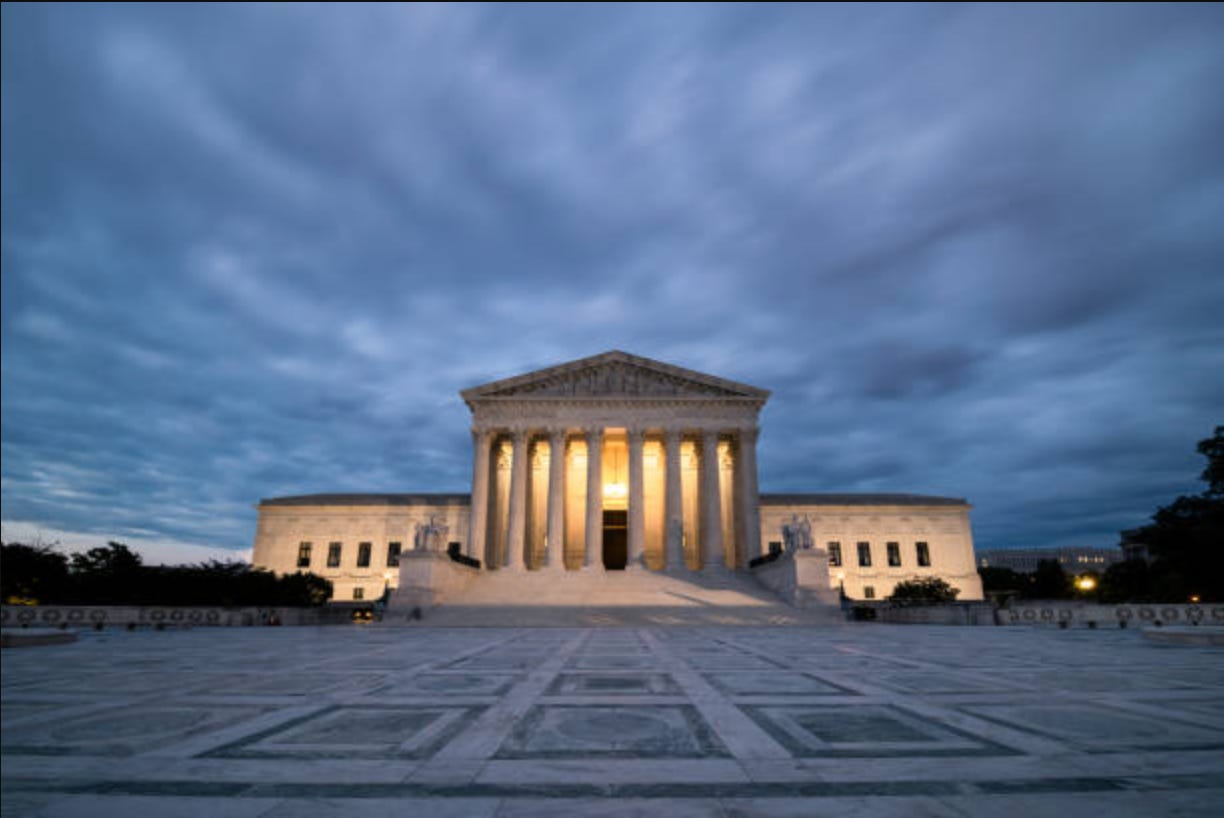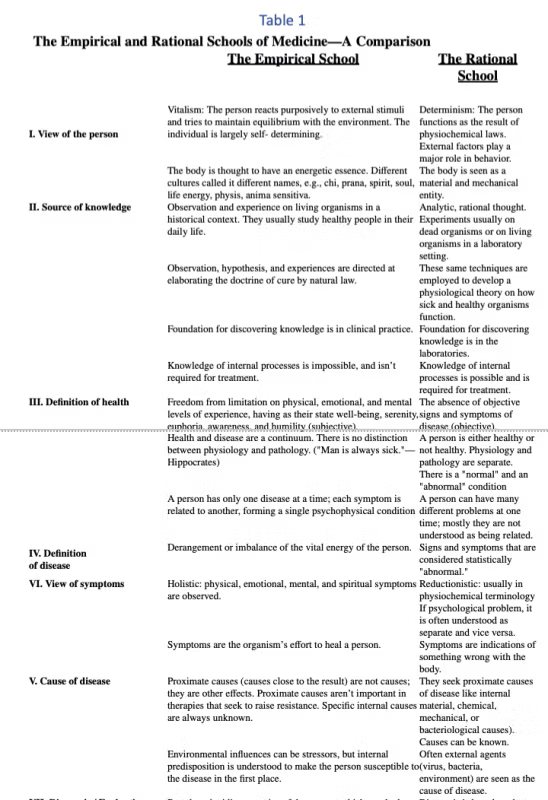Chevron Deference Overturned by SCOTUS
Major win for conservatives, major loss for administrative state power

Today’s majority opinion states that
“Chevron, decided in 1984 by a bare quorum of six Justices, triggered a marked departure from the traditional judicial approach of independently examining each statute to determine its meaning. “
The Chevron Deference principle was established in the 1984 U.S. Supreme Court case Chevron U.S.A., Inc. v. Natural Resources Defense Council, Inc. Conservatives have long argued that this precedent represents judicial activism at its worst and violates fundamental aspects of the constitutionally defined separation of powers by empowering executive branch administrative agencies to functionally make law. Liberals have argued that It allows agencies to implement laws and regulations more flexibly, giving them the authority to interpret ambiguous statutes. This way of thinking believes such delegation of authority to the bureaucracy can lead to more efficient and effective regulation, as agencies are better equipped to address complex issues than the legislature is.
Since the 1984 case, the resulting explosive growth of administrative agencies and their budgets, coupled with Chevron-associated legal barriers to administrative accountability, has given rise to a massive, arrogant, parasitic administrative state that has come to believe that its actions and motivations are above reproach or questioning. This doctrine has underpinned the arrogance of Dr. Anthony Fauci and colleagues at NIH so recently on display in congressional hearings for all who wish to see it. This case has enabled the administrative state to grow so large that many agencies have developed their own judiciary. Prosecutors and judges are unique to each agency, with the power to indict and force you to go to trial all within the structure of the agency - basically, each agency creates its own law and then acts as judge, prosecutor, and jury. No separation of powers, just one hand washing the other, all unified collusion. A self-contained, unconstitutional fourth branch of government with each agency operating under the protective legal umbrella of being defined as the ultimate authority in all matters involving legislative - or scientific and technical- interpretations.
Fundamentally, 40 years ago, an activist Supreme Court determined that a Administrative Agency’s interpretation of any statute that it administers is entitled to judicial deference unless Congress explicitly says otherwise. Which is to say that congressional legislation means whatever the administrative state determines it means, and this could not be legally challenged.
All of the arbitrary, capricious, and medically unsound administrative actions by FDA, CDC, NIH, and other HHS branches during the COVIDcrisis derived their authority from Chevron. This legal precedent has been what has powered the notoriously arbitrary and capricious actions of the EPA in setting the policies which restrict local small farm-oriented animal processing activities and advantage large centralized slaughterhouses. This is the legal precedent that has powered the federal requirements concerning the use of natural gas for cooking and heating and requirements for battery-powered electric semi-tractors for long-haul trucking. Functionally, this tendency of the courts to grant legal deference to administrative bureaucracies has trickled all the way down to school boards.
But as of today, the dark days of arbitrary, capricious, and unaccountable administrative actions are over. This decision's consequences will reverberate across the American legal and regulatory landscape for decades.
U.S. Solicitor General Elizabeth Prelogaar asserts that overturning the Chevron deference will cause administrative agency upheaval and lead to “endless litigation”, stating that “Thousands of judicial decisions sustaining an agency’s rulemaking or adjudication as reasonable would be open to challenge, and that profound disruption is especially unwarranted because Congress could modify or overrule the Chevron framework at any time.”
The court basically determined that, just because Congress fails to do its job, it is not acceptable for executive branch administrative agencies to step in and substitute their opinions in the absence of clearly stated Congressional intent.
Chief Justice Roberts wrote the majority opinion, with Justices Sonia Sotomayor, Elena Kagen, and Ketani Brown Jackson dissenting.
The full opinion can be read here.

No comments:
Post a Comment